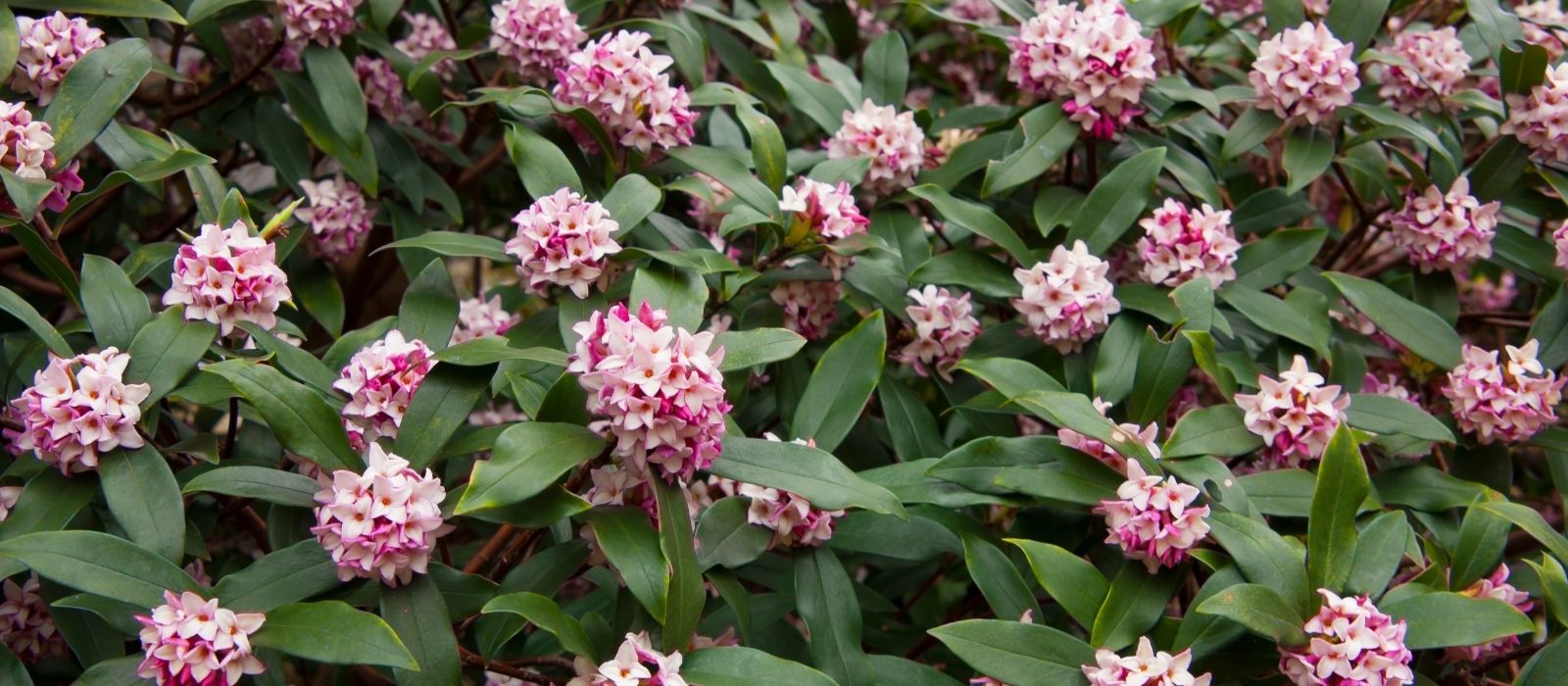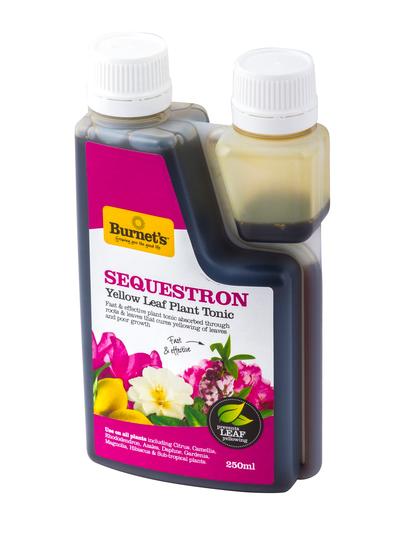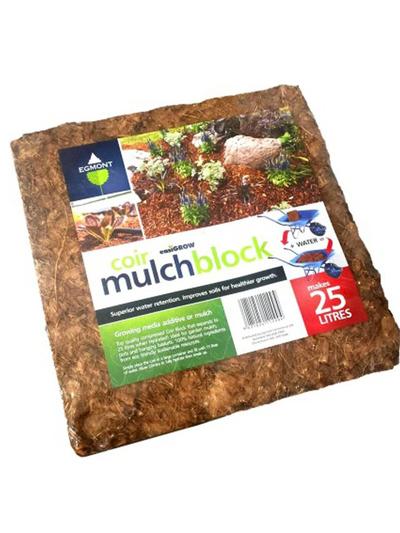
Renowned for its captivating fragrance and delicate starry blooms, Daphne is a cherished addition to any garden. However, while many gardeners find Daphne easy to grow, others face challenges. With the right care and attention, you can enjoy this plant’s beauty and aroma for years.
Position
Garden: Daphne thrives in semi-shaded spots with moist, well-draining soil. Avoid areas with excessive root competition from other plants.
Pots: Ideal for containers, but ensure the pot has good drainage holes and is the appropriate size for the plant.
Prepare Soil
Garden: Choose a soil rich in organic matter, neutral to slightly acidic, and free of lime. If your soil is alkaline, adjust the pH to create suitable conditions.
Pots: Use a premium mix for acid-loving plants like Oderings Shrub & Tub.
Feed
Garden and Pots
- Feed Daphne in spring after flowering to replenish energy and again in autumn for a seasonal boost. Use a fertiliser suitable for rhododendrons or camellias.
- Yellowing leaves during flowering is normal, particularly below the buds. However, yellowing can also indicate too much sun, improper watering, or nutrient blockages. Treat nutrient blockages by applying a tonic like Sequestron, especially when feeding in spring.
Watering & Mulching
Watering: Daphne requires consistent moisture but detests "wet feet." Ensure well-draining soil to avoid waterlogging.
Mulching: Apply a leaf mould or bark mulch layer to retain soil moisture and regulate temperature. Keep the area weed-free and avoid underplanting to minimise root competition.
Pruning
Pruning is generally unnecessary unless shaping is desired. If so, prune in spring immediately after flowering to avoid disrupting next season's blooms.
Root Rot
Root rot, often due to poor drainage, can cause stems to appear wrinkled or squishy. Address the issue promptly with appropriate treatments, though recovery depends on the severity. There are products you can use for root rot, but it often depends on how far the plant has gone and whether you can save it. Seven years is considered a good age for a Daphne (although they can live much longer), so consider planting one every 5 years.
Garden Expert Tip
Plant a new Daphne every five years to ensure your garden always has a thriving specimen; seven years is considered a good age for the plant. Position your Daphne where its scent can be fully appreciated and protect it from waterlogged conditions to keep it healthy and vigorous.
With the right care and attention, Daphne will reward you with its intoxicating scent and timeless beauty, becoming a highlight of your garden for many seasons.








 Oderings Garden Centres
Oderings Garden Centres